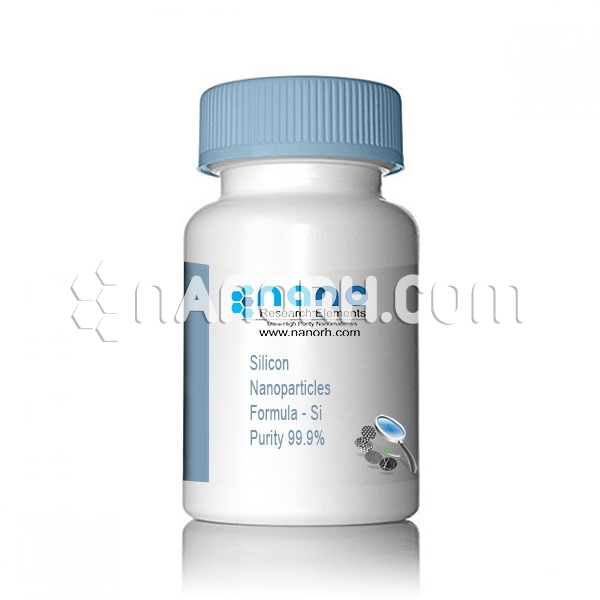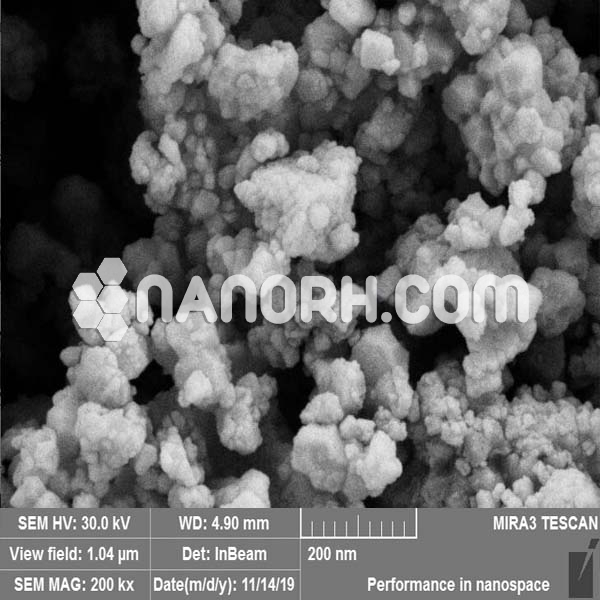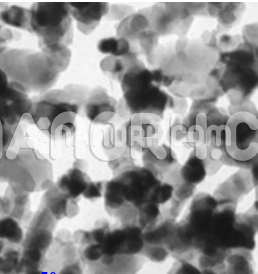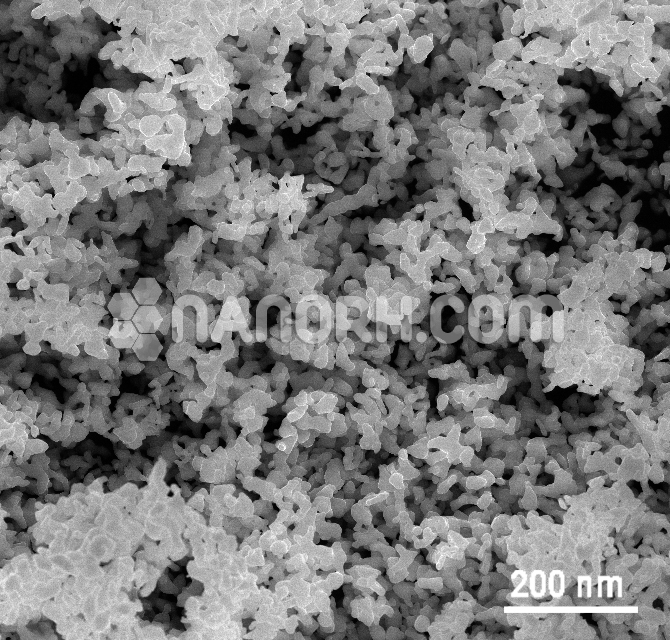| Silicon Nanopowder / Nanoparticles | |
| Product No | NRE-1038 |
| CAS No. | 7440-21-3 |
| Formula | Si |
| APS | <100nm (Can be Customized) |
| Purity | 99.9% |
| Color | Gray |
| Molecular Weight | 28.085 g/mol |
| Density | 2.33g/cm3 |
| Melting Point | 1414°C |
| Boiling Point | 3265 °C |
Silicon Nanopowder / Nanoparticles
Silicon nanoparticles, which are extremely small particles of silicon typically ranging from a few nanometers to tens of nanometers in size, have gained significant interest in various fields due to their unique properties and potential applications. Here are some of the notable applications of silicon nanoparticles:
Biomedical Applications:
Drug Delivery: Silicon nanoparticles can be loaded with drugs or therapeutic agents and used for targeted drug delivery in the body, improving the drug’s efficacy while minimizing side effects.
Bioimaging: They are used as contrast agents in medical imaging techniques like MRI, CT scans, and fluorescent microscopy for better visualization of tissues and cells.
Theranostics: Combining diagnostic and therapeutic functions, silicon nanoparticles are used in theranostic platforms for personalized medicine.
Solar Cells:
Silicon nanoparticles are used in the development of next-generation photovoltaic cells. They can enhance the absorption of sunlight due to their tunable optical properties, potentially increasing the efficiency of solar panels.
Optoelectronics:
Silicon nanoparticles are incorporated into light-emitting diodes (LEDs) and displays to improve color quality, energy efficiency, and overall performance.
Sensors:
They are employed in various sensor applications, such as gas sensors and biosensors, due to their high surface area and sensitivity to chemical and biological analytes.
Energy Storage:
Silicon nanoparticles can be used in lithium-ion batteries and supercapacitors, where they offer higher capacity and faster charge/discharge rates compared to traditional silicon materials.
Catalysis:
Silicon nanoparticles can serve as catalysts in chemical reactions, facilitating the production of valuable chemicals and materials.
Thermal Insulation:
They are used in insulating materials to improve thermal properties and reduce heat transfer in buildings and electronics.
Nanocomposites:
Silicon nanoparticles are incorporated into polymer matrices to enhance the mechanical, thermal, and electrical properties of composites, making them useful in aerospace, automotive, and structural applications.
Environmental Remediation:
Silicon nanoparticles can be functionalized to remove contaminants from water and soil through adsorption and photocatalytic degradation processes.
Quantum Dots:
Silicon quantum dots, a subset of silicon nanoparticles, have unique quantum confinement properties and are utilized in quantum dot-based displays, sensors, and single-photon sources for quantum information processing.
Photonics:
Silicon nanoparticles are used in photonics applications, including optical switches, modulators, and waveguides, due to their ability to manipulate light at the nanoscale.
Food and Cosmetics:
Silicon nanoparticles are used in food packaging and cosmetics for their antimicrobial properties and UV protection capabilities.
Nanomedicine:
They have potential applications in cancer therapy, including photothermal therapy and photodynamic therapy, where they can selectively target and destroy cancer cells when coupled with specific treatments.




